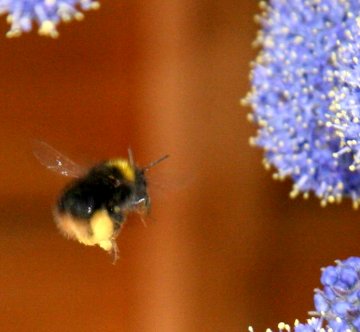 There are millions of supplements on the market, most are untested in any clinical setting and are beyond pharma regulations. They’re available over-the-counter, without a prescription and may be contaminated with toxins, heavy metals and other nasties, especially those bought from far-flung places via the Internet. Some may be marginally useful in helping people recover from certain conditions although there is a dearth of evidence that any really do anything at all. Sometimes they can lead to adverse reactions including anaphylaxis and interfering with liver enzymes leading to problems with other products, including blocking prescription drugs or leading to metabolites staying in the bloodstream too long, with potential for heart, kidney, liver and other organ damage..
There are millions of supplements on the market, most are untested in any clinical setting and are beyond pharma regulations. They’re available over-the-counter, without a prescription and may be contaminated with toxins, heavy metals and other nasties, especially those bought from far-flung places via the Internet. Some may be marginally useful in helping people recover from certain conditions although there is a dearth of evidence that any really do anything at all. Sometimes they can lead to adverse reactions including anaphylaxis and interfering with liver enzymes leading to problems with other products, including blocking prescription drugs or leading to metabolites staying in the bloodstream too long, with potential for heart, kidney, liver and other organ damage..
Among the long-list of spurious supplements is bee pollen (also known as bee bread, or ambrosia). The raw material taken from hives will contain countless microscopic fungi and bacteria. According to Science-based medicine, the claims made for bee pollen supplements are over-hyped and evidence-free, as is typical of this poorly regulated industry. E.g.
“The benefits are enormous and the substance has been proven by many health experts. This particular substance is known as an effective immune booster and one of the best ways to achieve a sound nutritional regime…The pollen from the bee has been proven to increase sexual functions in both men and women. It stimulates our organs, as well as our glands and is known to improve the natural increase on a person’s lifespan.”
All unproven hype with a total lack of any peer-reviewed references in decent journals reporting efficacy or tests. People often turn to such products because they believe them to be “natural” and somehow safer. Is it really natural to harvest products from bees, it’s no more or less natural than milking cows, I suppose, but natural does not mean safe and it certainly doesn’t mean efficacious. Strychnine and snake venom are both natural…but…
There are specific reports of severe allergic reactions to bee pollen products. Given that there is no evidence that they work but certain evidence that they can cause harm, if I were you, I’d steer clear of this particular sting.